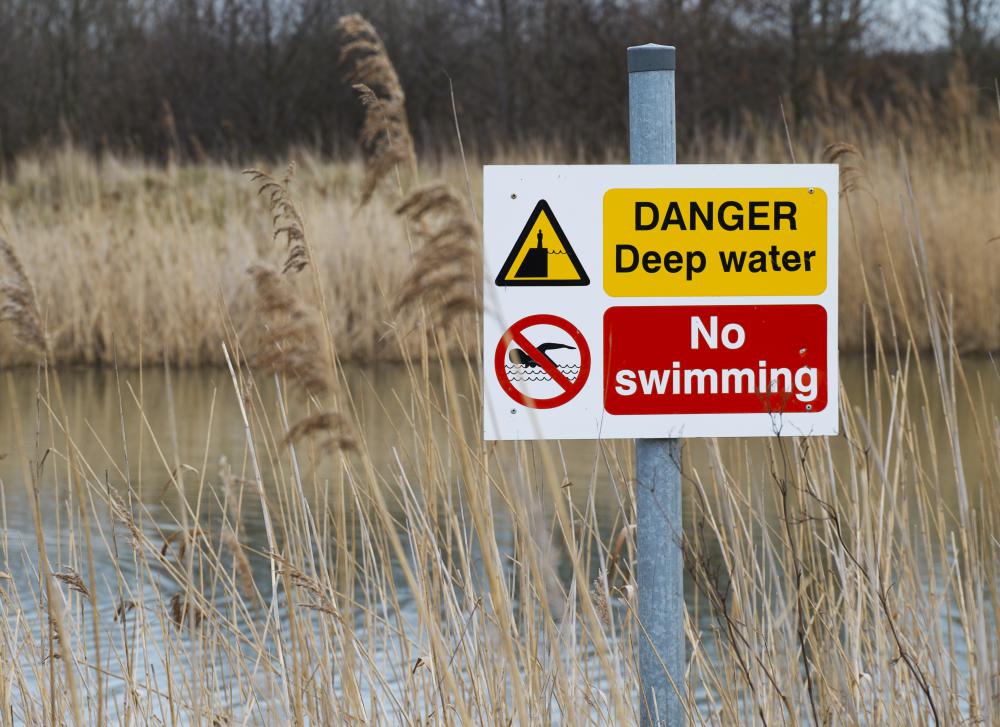At WiseGEEK, we're committed to delivering accurate, trustworthy information. Our expert-authored content is rigorously fact-checked and sourced from credible authorities. Discover how we uphold the highest standards in providing you with reliable knowledge.
What are the Different Types of Disclaimer Law?
A disclaimer is a renunciation of a legal right, responsibility, or claim of the disclaiming party. Disclaimer law branches into several different spheres of law. It may be used in a contract to reduce the liability of one of the parties to the contract. In patent and trademark applications, the applicant may be required to disclaim part of his or her design to meet the requirements of the jurisdiction’s laws on intellectual property. Additionally, disclaimers may be used in estate law where an heir may disclaim his or her interest in an inheritance.
The most common instance of disclaimer law is in contracts. A contract may contain a clause that disclaims one party’s right to sue for certain reasons, which is commonly known as a “waiver.” For instance, in a contract for the purchase of a product, there may be a clause waiving one party’s right to reimbursement should the product be damaged in its shipment. Another common example of a disclaimer in contract law is agreeing to limit the possible damages the party may be awarded in a lawsuit for the negligence of the non-disclaiming party.

Clauses such as these are often unenforceable under disclaimer law for the reason that their enforcement would go against concepts of the greater public good. For example, most jurisdictions hold that a consumer may not disclaim the seller’s implied warranty of merchantability — the warranty that the product as sold is safe for and capable of use in the way a product of its sort is typically used. Disclaimer law also often mandates that a party may not disclaim his or her right to sue for negligence as such clauses encourage or condone a lack of care by the non-disclaiming party that may result in injury.

In patent and trademark applications, the applicant may be forced to disclaim part of the design presented in their application in order for the patent or trademark to be granted. For example, a party may be asked to disclaim their rights to a part of their product name for being too general to be given trademark protection, which grants in the holder the exclusive right to use the word or logo in connection with the sale of a product or service. Similar disclaimer law concepts are applied to a patent application. If part of the design of the otherwise patentable idea is derived from another patent, the applicant will have to disclaim that part of his or her design.
Disclaimer law also finds its way into estate law. In the event that an heir to someone’s estate does not want to receive his or her inheritance, he or she may disclaim the right to receive it. A common reason for this is that the person who is in line to receive the inheritance is near death and another family member would make better use of the item.
AS FEATURED ON:
AS FEATURED ON:












Discuss this Article
Post your comments